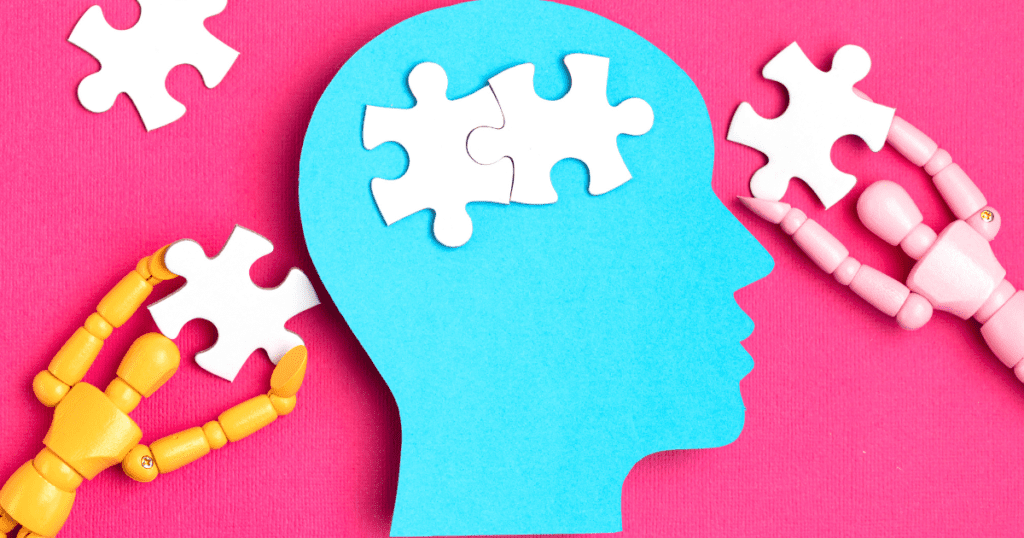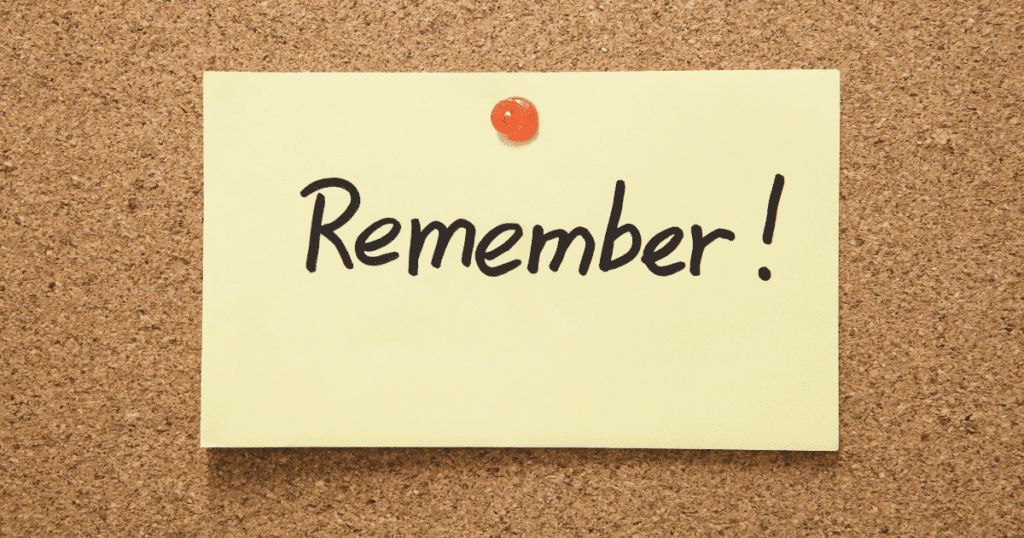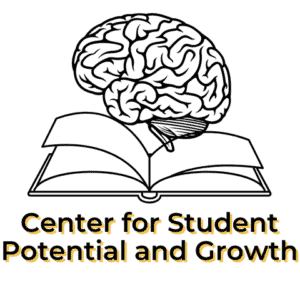
At school, we need students to have specific skills that allow them to learn and progress.
A student needs specific skills to progress and meet academic goals in a K-12 setting. Students come to school with different levels of intellectual functioning.
One skill that students need for learning success is working memory. Students need working memory skills for all sorts of processes involved in learning.
Students with poor working memory skills can struggle in the classroom. Poor working memory impact students learning as these skills impact their ability to read. It also impacts their ability to understand reading material, do mental math, and write on grade level. Additionally, it could affect their language skills. These are vital components that students need for learning.
A student with poor working memory skills may fall behind in class because it is a skill all students need.
This article will discuss the basics of working memory, signs of poor working memory, and ways to support this skill within class.
What is Working Memory?
Working memory is how an individual holds what they hear or see in mind for a short time to use immediately.
There are two components of working memory, and these two components work together as students learn.
First, a student has to hold what they see or hear in mind and make sense of it (understanding the concept).
A student must also understand how to separate what information is essential from what isn’t.
Then, the student has to apply that concept to what they already know (prior knowledge).
Both of these processes occur within seconds to a few minutes.
Students with good working memory skills can then apply this new concept to their memory bank (long-term memory).
Working memory combines two processes: what you hear (auditory) and what you see (visual).
Students learning is affected when they have a reduced capacity with their auditory or visual working memory.
Let’s discuss how you can tell if a student has poor working memory skills.
What Are the Symptoms of Poor Working Memory?

You may identify which of your students may present with poor working memory skills. Poor working memory may show up in the following ways in the educational setting:
- Raising their hand and then forgetting what they had planned to say
- Difficulty with following through on multi-step math problems
- Needs many reminders for assignments/directions or classroom expectations
- Has difficulty with mental math
- Forgetting items, such as homework, lunch bag, and other personal items
- They have difficulty reading, such as sounding out words or comprehending what they read.
- She has difficulty listening to verbal instructions and taking notes during oral lessons.
- Slow to complete assignments/tests
- Fails tests or quizzes often.
- Hard time putting thoughts together when writing
- Getting in trouble for the same undesirable behavior
There are many reasons why a student may have poor working memory. Next, we will review some root causes of working memory skill deficits.
What Learning Disability Affects Working Memory?

Learning disabilities can affect working memory. Working memory deficits are not a learning disability, and working memory is often tested when evaluating an individual for a learning disability. Learning disabilities such as dysgraphia, dyslexia, and dyscalculia can impact working memory.
Other diagnoses and symptoms can affect working memory. Mental health disorders such as anxiety and depression can affect working memory, and attention Deficit Hyperactivity Disorder can impact working memory. Health issues, stress, and changes to the brain (stroke, traumatic brain injury, and epilepsy) also affect working memory.
These factors can have acute or chronic impacts on working memory skills. A student will need an evaluation to determine if a learning disability or health issue exists.
A multifactored evaluation would help to determine the student’s working memory status.
Is Working Memory Linked to Intelligence?

As a school psychologist, I have given hundreds of students intelligence tests.
Most intelligence tests include a working memory subtest. The Intelligence Quotient (IQ) may consist of the working memory scores.
Thus, working memory is linked to intelligence. But, it is one of several domains that make up an individual’s intellectual capacity.
When discussing IQ test results with school teams, I tell them not to focus so much on any one test score. There are many reasons that a student performs the way they do on an IQ test.
Various factors can impact an individual’s working memory ability.
Academic success requires good working memory skills. Working memory alone does not provide insight into a student’s general intelligence.
There are ways to support a student’s poor working memory. It is essential to understand that working memory is one area of intelligence and not the whole.
Can You Improve Working Memory?

An evaluation will help to uncover where the working memory skill deficit exists.
Does this student have difficulty with auditory or visual working memory processing?
Is the student’s working memory affected by what’s happening around them (environment)?
Is it due to brain-based factors (stroke, ADHD, mental health diagnoses)?
Some programs and tools are designed to improve working memory.
Several programs are game based and improve working memory with continued use. But, there is little evidence that these improvements lead to academic success.
Educators can adjust the student’s environment (accommodations) within the classroom. Students can also learn skills and tools that will support working memory skills.
Including both skill-building activities and accommodations can best support student success.
Environmental support will help students learn different ways they can manage information.
Here are some accommodations that may help a student with poor working memory skills:
- Giving students fill-in-the-blank notes (with a word bank) during verbal instruction
- Visual aids such as number lines and multiplication fact sheets during math class
- Gaining a student’s attention before explaining instructions and lessons
- Frequent review of studies, mini quizzes, and more extended review periods
- Modeling multi-step problems to students and walking through each step of the problem
- Using technology to help schedule reminders and organize schedules
- Reducing distractions in the learning environment as much as possible
- Asking students to repeat back what they heard in their own words
- Helping students make connections with prior knowledge when teaching new information
Final Thoughts
Intact working memory skills are critical to the learning process.
Students with poor working memory skills may have a difficult time with academics. They may also struggle with meeting classroom expectations.
Understanding your students working memory capacity is essential, and understanding their ability is key to ensuring they get the proper support.
How the Center for Student Potential and Growth Can Help

If you suspect your child has a learning disability, we can help. An independent educational evaluation can identify specific learning strengths and weaknesses.
We provide independent educational evaluations that uncover learning disabilities or attention disorders for any age learner in Ohio.
To learn more about scheduling an evaluation, call us at 216-273-6020. You can also email us at info@potentialandgrowth.com.
